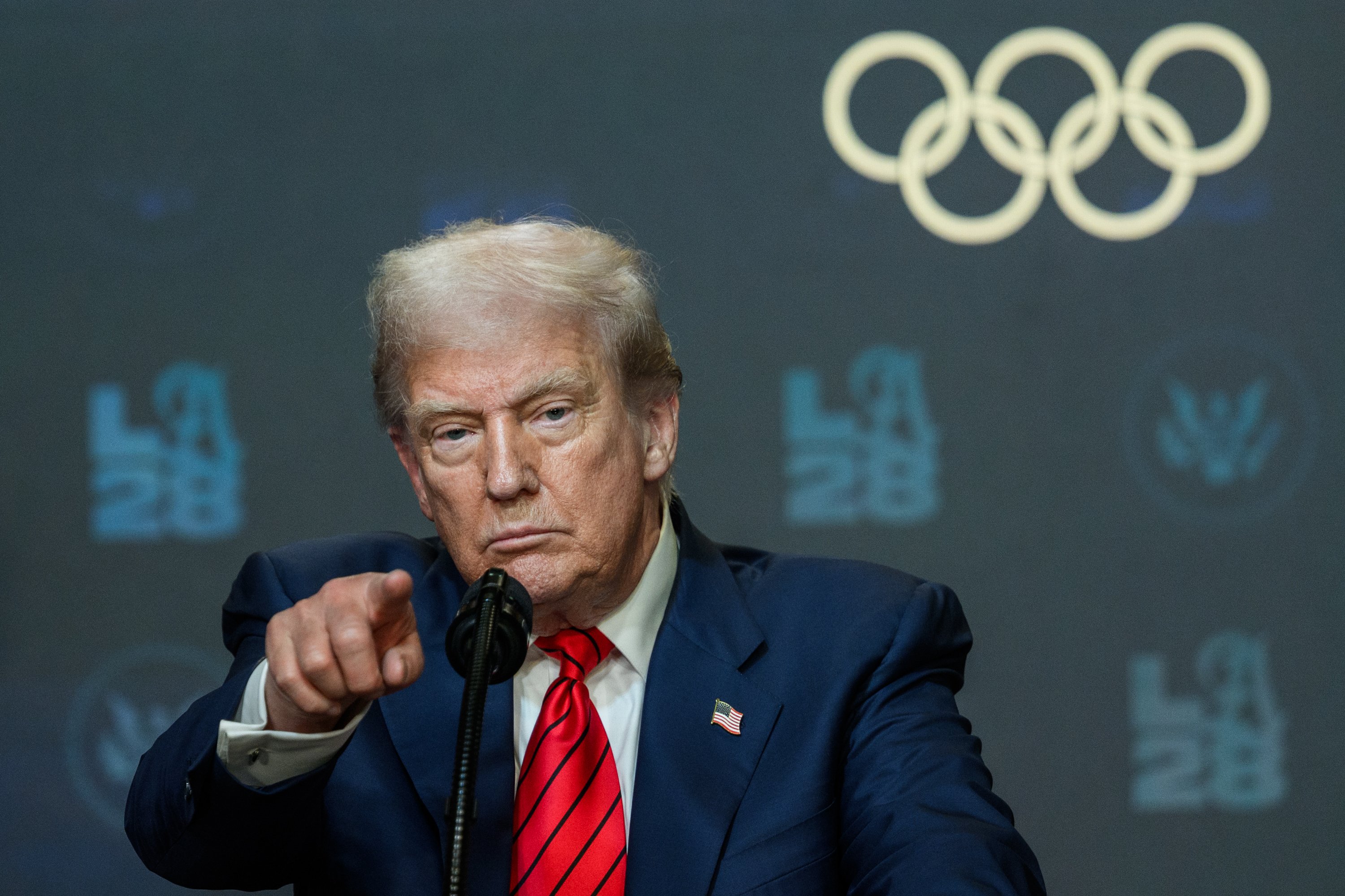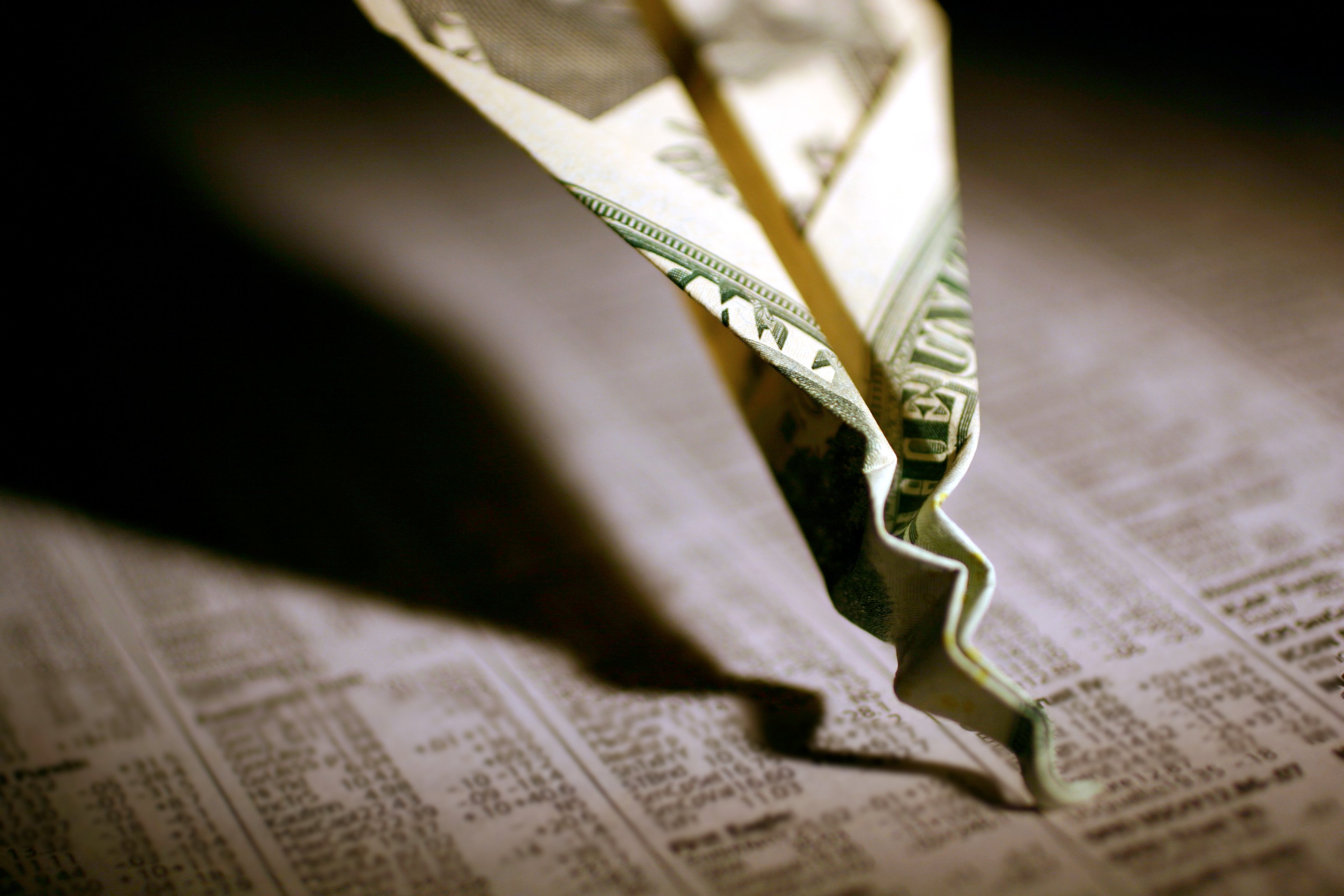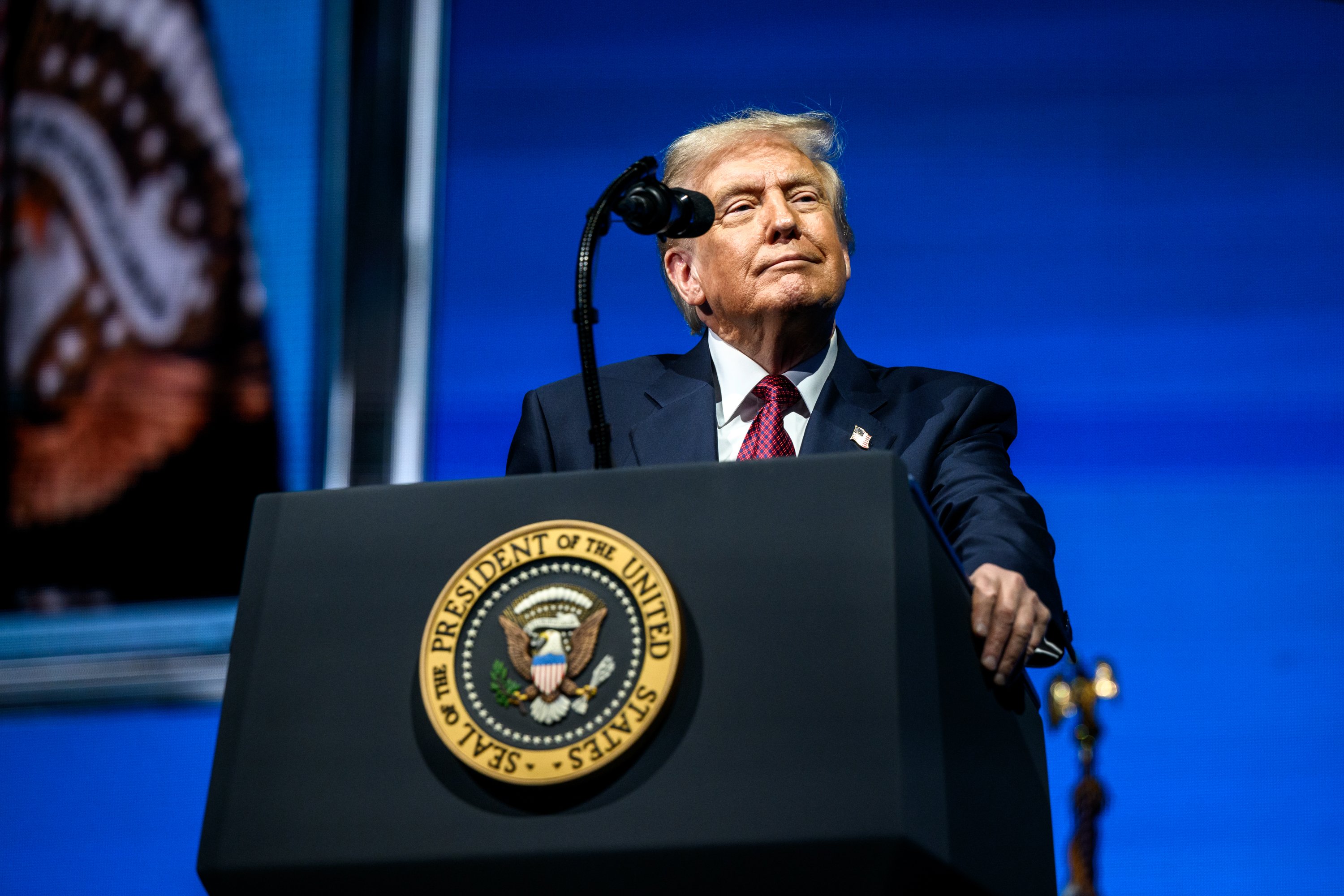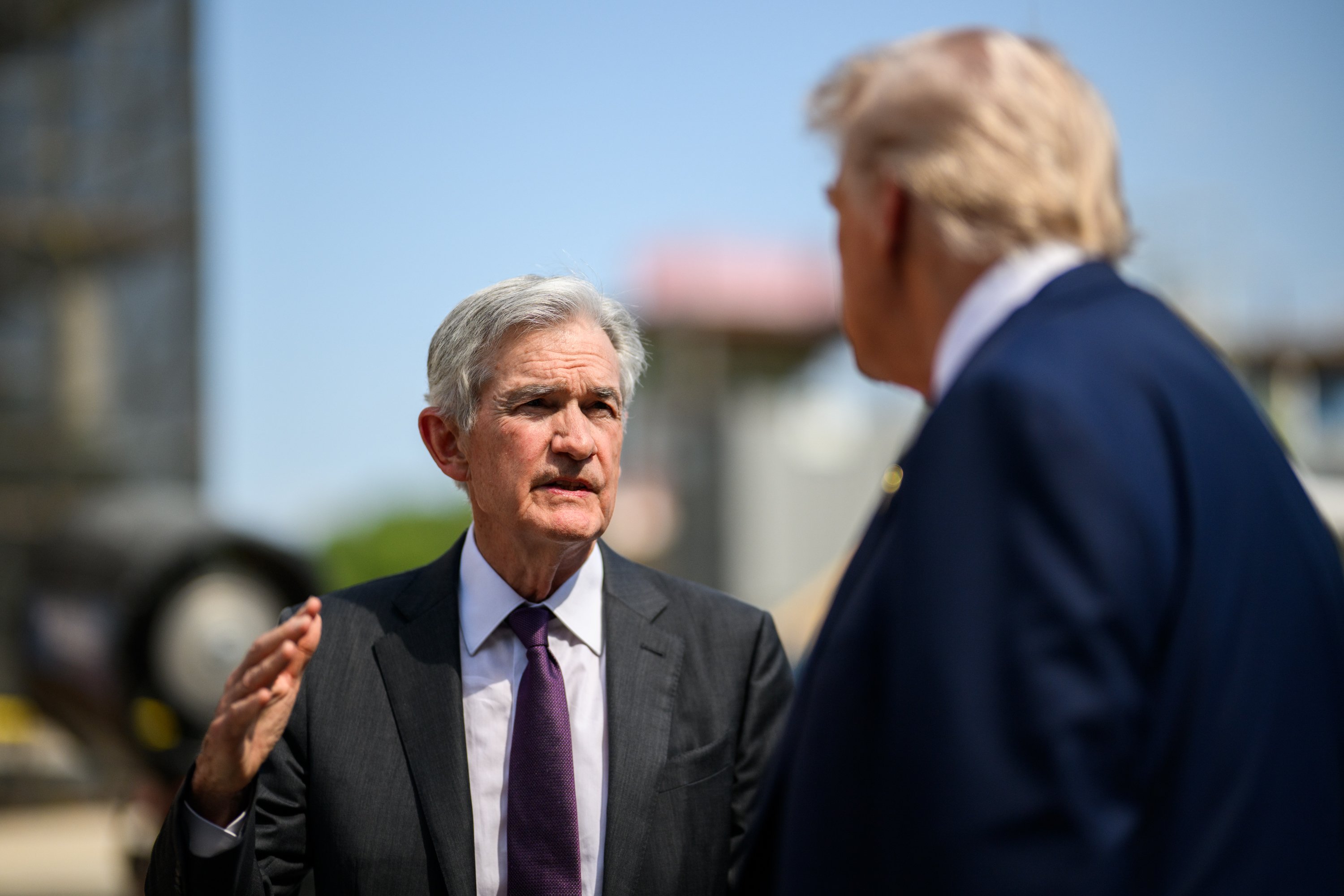Oct. 1 marked the first day of the federal government shutdown after Congress did not agree to fund the government. A debate over Obamacare subsidies is the primary hurdle standing in the way.
Thousands of federal workers across agencies were furloughed at midnight, and President Trump has said that the shutdown could mean permanent layoffs for some federal government workers.
Over half a million employees were furloughed, the majority of those being the Defense Department's civilian workforce. Many of those who are not furloughed will work without pay until the shutdown is over.
Services will also be impacted. For instance, investors are no longer expected to get the monthly unemployment report from the Bureau of Labor Statistics on Friday. Government properties like national parks will also have some restrictions.
For investors, there are both near-term and long-term impacts of the shutdown. Layoffs would exacerbate an already tenuous labor market, and even extended furloughs could dampen consumer spending, especially in the Washington, D.C., area.

Image source: Getty Images.
What the shutdown means for the stock market
Historically, government shutdowns have not had a measurable effect on the stock market. Investors tend to look past them, viewing them as short-term noise, rather than a long-term economic driver.
Over the 20 government shutdowns since 1976, the S&P 500 (^GSPC 0.06%) has averaged a gain of just 0.05%, meaning shutdown events aren't statistically significant. Typically, other news influences the market's performance when shutdowns happen.
For example, during the last shutdown, which was a 34-day partial shutdown that began in December 2018, stocks rebounded after falling earlier in the quarter as a positive development happened in U.S.-China relations and as interest rates came down.
Stocks have actually risen in the last five shutdowns, though durations vary. Overall, the results seemed to reflect what was happening in the broader market.
The risks in the current shutdown
The economy has been volatile all year. First-quarter GDP was down, and the stock market crashed in April before returning to all-time highs. Consumer sentiment also plunged early in the year before stabilizing, and now the labor market is clearly weakening.
An extended shutdown could further dent the labor market, especially if it encourages more layoffs at the federal level.
On the first day of the shutdown, the S&P 500 finished up 0.3%, showing it hasn't flustered investors. While there's no historic correlation between government shutdowns and stock market performance, that doesn't mean investors should totally ignore it, as its impact could extend well beyond the government closure, especially if it throws the labor market further off course.






